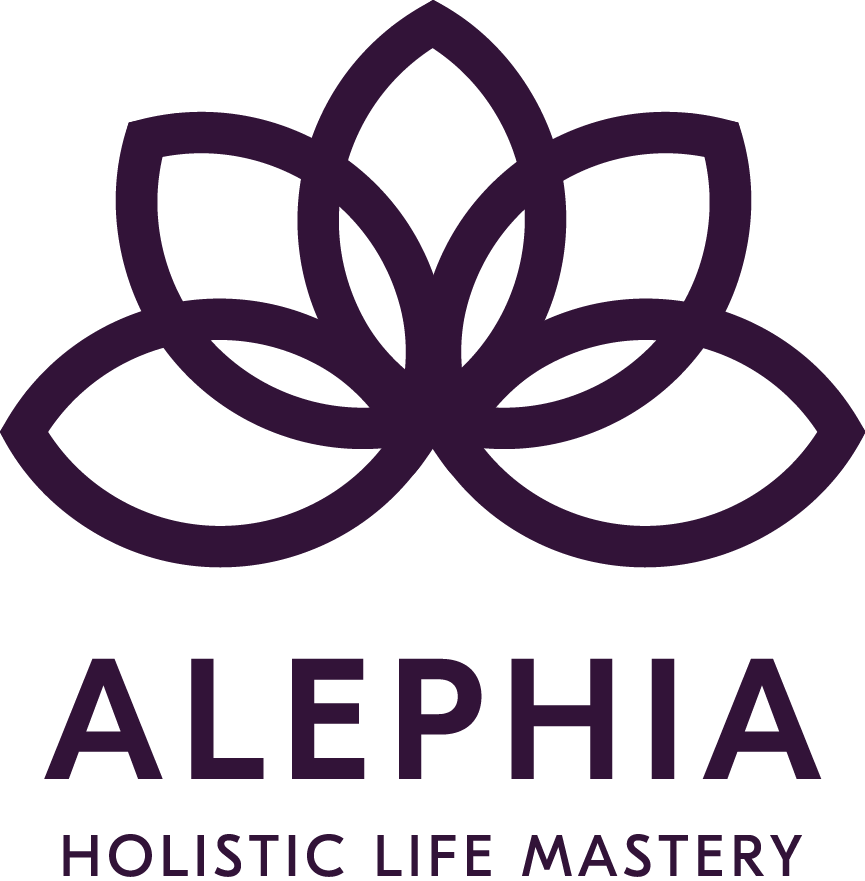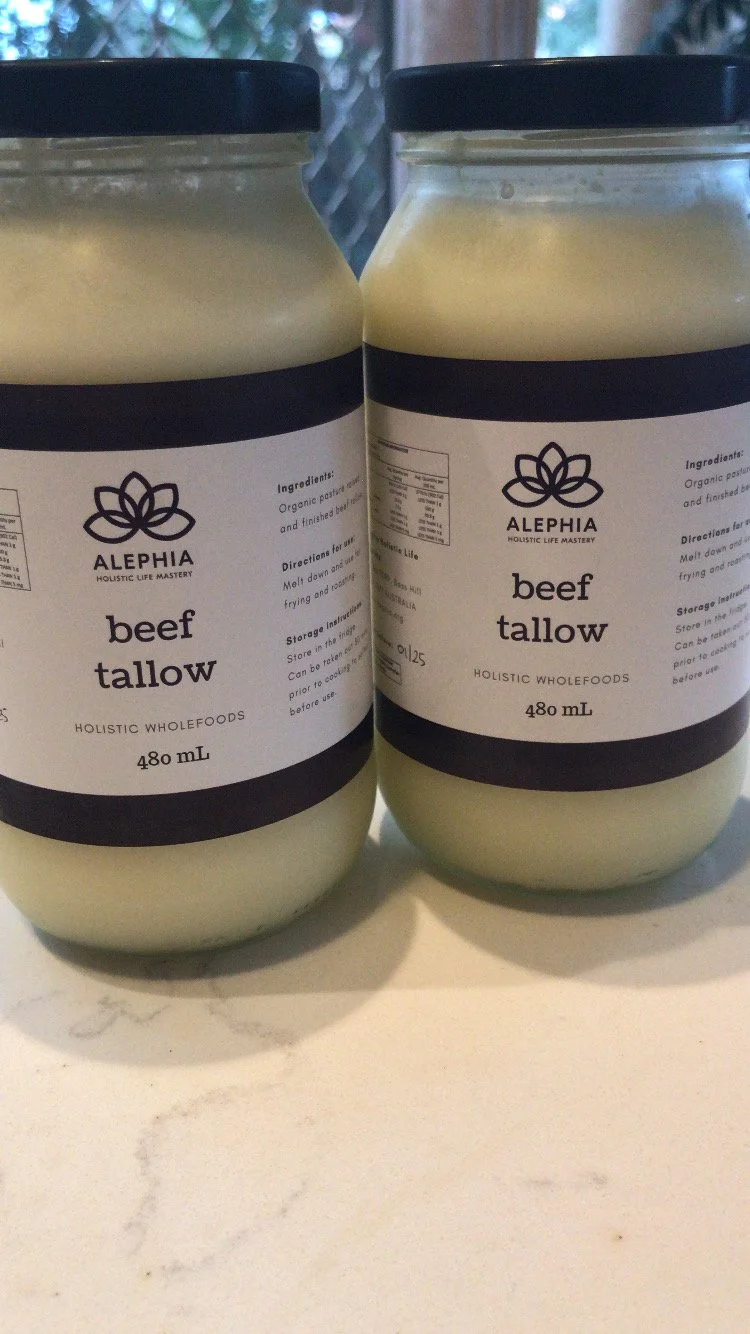THE DEMONISATION OF SATURATED FATS
Our ancestors ate nose to tail of the animals they consumed. The fat of the animals was always rendered down and used to cook with or to make other products (e.g. candles, creams, soap). Nothing was wasted. They ate tallow, lard , raw milk and butter.
Our ancestors had much higher levels of fat soluble vitamins in their diets for a number of reasons:
Ate predominately animal fats.
Ate the whole animal including marrow, organs, skin, blood.
The animals were raised on pasture in sunlight, which helps to maximise nutrients in these foods.
Introduction of vegetable seed oils
Our ancestors pressed oils from seeds manually using stone presses, and this was done only for oily seeds like sesame, flax, and rapeseed, and for oily fruits like olives, coconuts and palm fruit. Traditionally, this was done without heat, so the final product was natural and tended to be more healthy.
However, in the 1890’s there was the invention of the stainless steel roller press. The industry first started with cottonseed and they were able to mechanically press out the oils. Cottonseed is a waste product from the cotton industry and no one would want to consume it as is. But they were able to refine it through the use of high temperature, alkaline chemicals, deoderising, bleaching and hydrogenation, and make it into a product that was edible.
This was done for other seeds including corn, safflower, and soy.
It took approximately 40 years for industrial seed oils to replace animal fats for cooking and baking. The industry was able to market it as a ‘healthy’ option and influenced university research and government policy. Even the WHO recommended a diet containing industrially processed vegetable oils instead of natural animal fats. But with the increase in the consumption of vegetable oils, the increase in health issues and dis-eases has also increased to our detriment.
What are the issues with vegetable oils?
Vegetable oils (or seed oils) are processed with chemicals to make them ‘edible’.
Often rancid. They are often packaged in clear bottles so are often oxidised and rancid on purchase.
Lack many essential nutrients that we would get from animal fats like butter, lard, poultry fat, and tallow.
Not stable for cooking at high temperatures.
With the increase in the use of vegetable oils, chronic diseases like heart disease, cancer, kidney problems, Alzheimer’s and immune disorders have increased.
The type of fat molecules in vegetable oil (omega 6 linoleic acid) can make our bodies more sensitive to the effects of electromagnetic radiation.
What types of fat do the cells in our body contain? What fats does our body actually need?
Each cell in our body is surrounded by a membrane composed of a double layer of fat molecules, called the lipid bilayer.
These molecules are mostly saturated, because they are animal fats.
The other main component of the cell membrane is cholesterol.
Together, the saturated fats and cholesterol ensure that the cell membrane is waterproof.
Embedded in the cell’s interior are the mitochondria which help create energy. These too have a membrane composed of a double layer of fat molecules, most of which are saturated fats.
Saturated fats serve as a kind of insulation in cells and tissues.
If we compare this to the types of fat molecules in vegetable oils, mostly polyunsaturated fatty acids, they do not provide the stability these structures need. With these types of fats, it makes the cells floppy and leaky, and they can no longer provide effective barriers that our cells require to function properly.
At least half of the fat molecules in the cell membrane need to be saturated in order for our cells to function optimally.
The fat molecule in our lung surfactants needs to be 100% saturated for the lungs to work properly. If our diet is lacking in saturated fat, the body will put polyunsaturated or partially hydrogenated fatty acids in the lung surfactants, making respiration difficult, and this often results in asthma, emphysema and bronchitis. The lungs cannot work properly in those who consume a lot of industrial seed oils.
Saturated animal fats also supply cholesterol which is needed in the cell membranes to ensure the cells are waterproof.
We also get arachidonic acid from animal fats which is required for tight cell to cell junctions.
What are the nutritional components of saturated animal fats?
Animal fats contain the fat soluble vitamins A, D and K2.
Animal fats are needed for growth, hormone formation, energy production, reproduction. They are needed to protect us from toxins and to enhance immunity.
What are the effects on our health from eating seed oils and moving away from saturated animal fats?
Most modern processed foods are devoid of nutrients, which in effect leaves our body starved of nutrition.
Industrial seed oil production fills our bellies but starves our cells.
If we do not consume enough saturated animal fats to maintain the membranes and surfaces in our tissues and cells, our body has a back up plan to make saturated fats from carbohydrates. But this back up plan does not provide the fat soluble vitamins we get from animal fats. This in effect, leads to chronic diseases like diabetes, heart disease, kidney problems, high blood pressure and cancer.
Diets based on vegetable seed oils or even olive oil, often leads to cravings for refined carbohydrates. Eating more animal fats helps to resolve the cravings for refined carbs.
Plant based diets (vegan, vegetarian or diets low in animal fats):
Contributes to nutritional starvation.
Although people may feel good initially, deficiencies will develop over time, including deficiencies of complete protein, the fat soluble vitamins A, D, and K2, vitamin B12, and minerals such as zinc, sulfur, iron and calcium.
Plant foods are far less dense in vitamins and minerals than are animal foods.
So what healthy saturated fats should we be consuming?
Avoid all industrially farmed food and fats that come from it.
Always choose fats that are from pasture raised, grass fed and finished sources. The health of the animal that the fat came from is really important.
Healthy saturated animal fats include butter, lard, beef tallow, raw milk and raw cheese.
Check the ingredients of all packaged foods and avoid all that contains vegetable seed oils, even the ones that contain ‘organic sunflower oil’. This is just as bad….they only make it ‘organic’ to make you think that it is a healthier option when it really isn’t.

